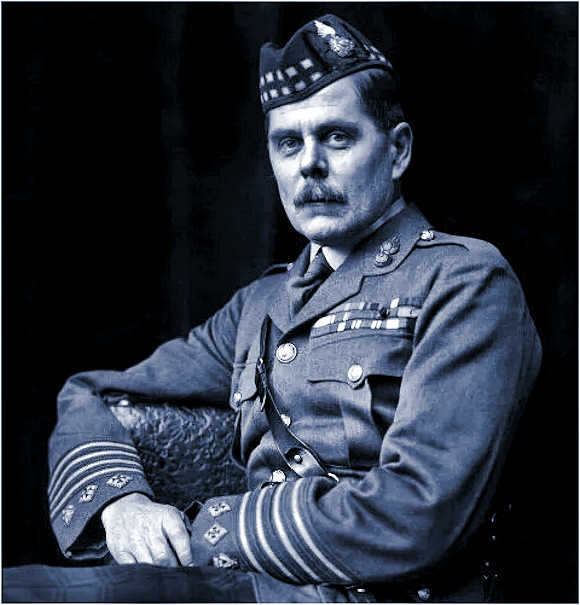Our experience accustoms us to seeing how at a word of command a mass of soldiers will enter into an organised fury of carnage and into the lottery of life and death, and how at another command they will again become peaceful. The same thing is required of a people that has armed itself. Here the word of command is liberty, the enemy tyranny. . . But there is a great difference between the passivity of ordinary military obedience and the ardour of an insurrection: between obedience to the order of a general and the flame of enthusiasm which liberty pours into the vein of every creature. . These efforts are the enjoyment of liberty, and you wish it to be renounced; these occupations, this activity is for the public cause, this interest is the driving force, and you want the people to sink into inertia and boredom once more.
G.W.F. Hegel
 |
| Protesting Soldiers at Southhampton |
A history of the militant rebellion of British troops in Southampton following the end of the First World War. Amidst the widespread dissatisfaction, the men were highly reluctant to return to Europe after the end of the conflict. Following the massacre of World War I, a reminder of the strength of ordinary soldiers came from Southampton, in the middle of January 1919, when 20,000 soldiers went on strike and took over the docks. Robertson, commander-in-chief of the Home Forces, sent General Trenchard to restore military authority. Trenchard had witnessed several mutinies in the French Army and was quite prepared to employ the most ruthless measures. Nevertheless he underestimated the men as he approached the dockgate and attempted to address a reluctant audience. A chorus of boos and catcalls accompanied his remarks. The meeting came to an undignified end when a group of men took hold of him and gave him a going over before ejecting him. Said Trenchard: "It was most unpleasant.. . It was the only time in my life I'd been really hustled. They said they did not want to listen to me. They told me to get out and stay out."
Smarting from his minor injuries and major wounds to his pride, Trenchard acted with the vengeful cunning which had preserved his military caste for generations. Indifferent to the grievances of the soldiers—many of whom had seen active service—he saw only a mutinous rabble to be put down by force. Fully aware that the mutineers were not armed, he phoned a request to the garrison commander at Portsmouth for 250 armed men plus an escort of Military Police. In spite of fierce objections from Southern Command, Trenchard made it perfectly clear that if necessary he would initiate a bloodbath.
 |
| Southampton Docks: Site of Two Incidents |
The following morning, Trenchard returned to the quayside and waited for the troop train from Portsmouth. Only when the unarmed mutineers had been surrounded by armed troops with their safety bolts in firing position did Trenchard make a second attempt to address the troops. And even then he was told to "drop dead" by a sergeant, who was promptly arrested.
Following this incident the mutiny collapsed. One hundred seventy soldiers were personally selected as ringleaders by Trenchard, 53 of whom were confined in a nearby troopship. The docks were now quiet, but a few score soldiers had barricaded themselves in their billets. Hose pipes were commandeered and after half an hour Trenchard's riot squad had captured about 100 soaked and shivering men who were then forced to stand in the January frost outside Trenchard's office until the latter had satisfied his desire for vengeance.
A few weeks later, in early February, Trenchard was called in by Churchill, then Minister for War and Air, and was congratulated on his "masterly handling of the Southampton riots" and appointed Chief of the Air Staff.
 |
| General Trenchard |
Unrest amongst the troops merged with unrest in industry. By February 1919 large numbers of soldiers were refusing to return to the Continent. Civil disturbances in mining areas, which under normal circumstances would have been quelled by a show of force, presented grave problems to the authorities, since it was not clear whether the troops could be relied upon.
Eventually the Army Council decided that there was a Guards division that could be trusted and issued instructions for them to be brought back from the Continent. The Guards were used on a number of occasions, for example to disarm the Durham Light Infantry at Colchester, when they refused to embark for Russia.
How near was Britain to a full scale revolution during these weeks? This must remain a matter for speculation. The Army was in disarray: soldiers and sailors councils and demobilization clubs were being formed. Delegates from various camps were beginning to combine their efforts and resources. The number of strikes in Liverpool and Glasgow were increasing. There were riots in Glasgow and troops sent to occupy the streets were beginning to fraternize with the strikers and demonstrators. There were riots in Belfast and a national railway strike was imminent. From August 1918 until mid-1919 even the police force was affected by militant strike action.
Excerpted from Mutinies by Dave Lamb

Grist for a discussion on the merits of the US Constitution's 2nd Amendment I would argue. This story is an example of the "elite's" edicts being obeyed or the use of violence to enforce. Trenchard probably had it pretty cushy during the war, rich bourgeois lunches of foiegras, fresh clean crisp bed sheet, willing prime female accoutrements. He wouldn't even listen to his troopers grievances.
ReplyDeleteWell put
Delete